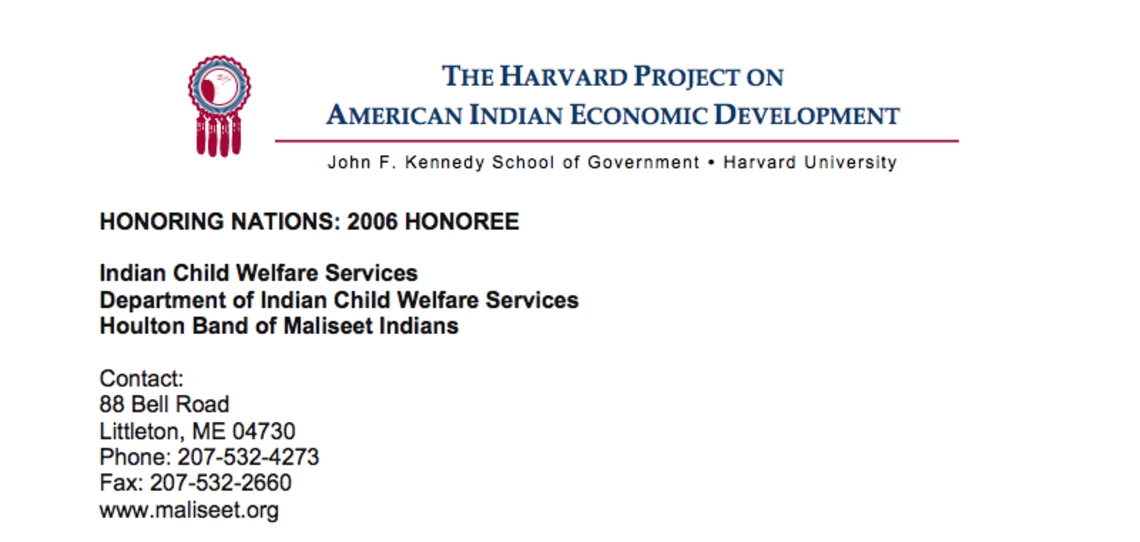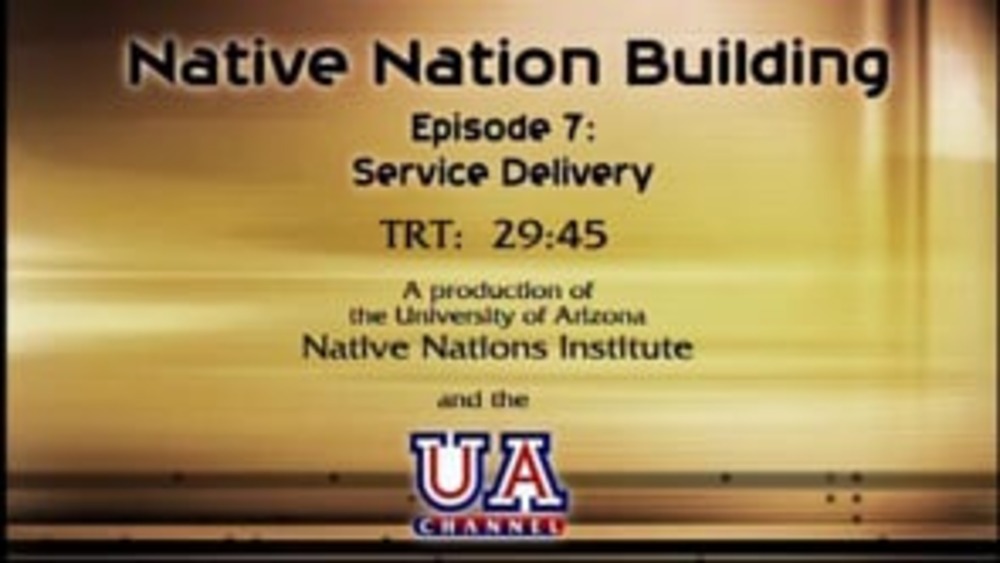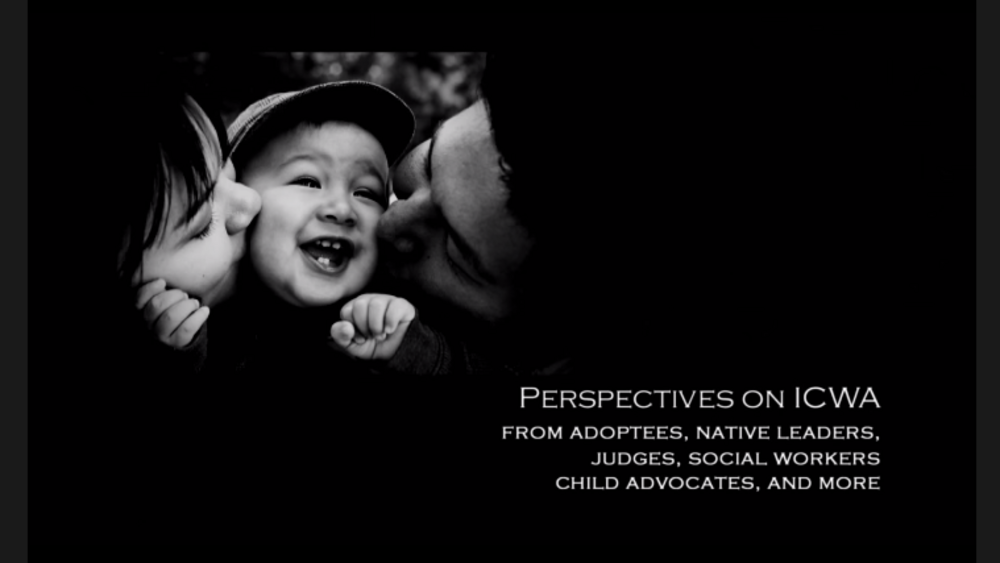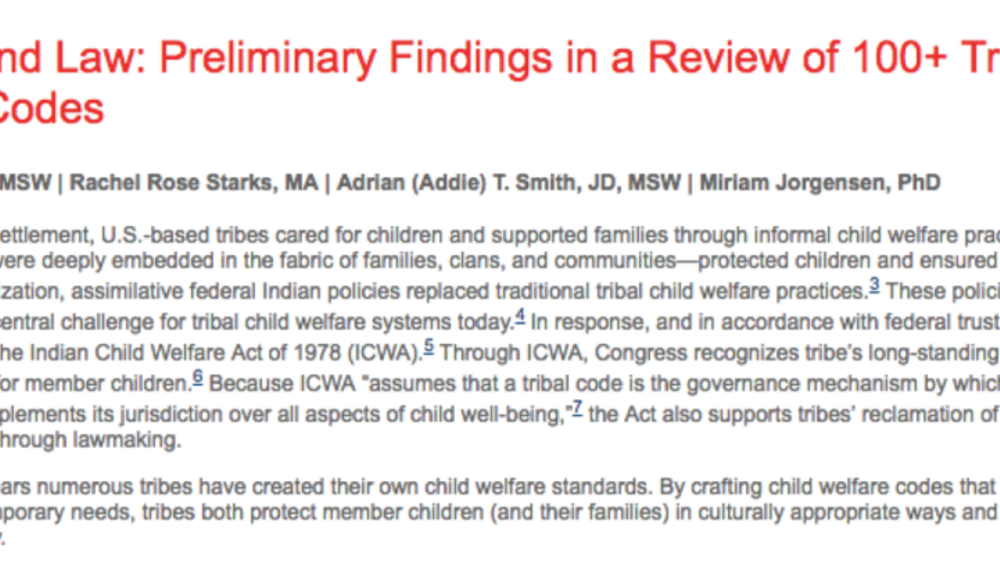Seeking to establish collaborative working relationships with the state while firmly asserting sovereignty over Maliseet children, a Child Welfare Department was formed by the Houlton Band. The department created a Child Protective Team made up of professionals and volunteers to review and seek options for children needing services. Drastically reducing the number of children in out-of-home-care situations through culturally and family appropriate solutions, the Houlton Band is preventing child removals, supporting families, and fostering government-to-government relations. Most importantly, the Band is reclaiming its future, by caring for Maliseet children.
Additional Information
"Indian Child Welfare Services." Honoring Nations: 2006 Honoree. Harvard Project on American Indian Economic Development, John F. Kennedy School of Government, Harvard University. Cambridge, Massachusetts. 2007. Report.




